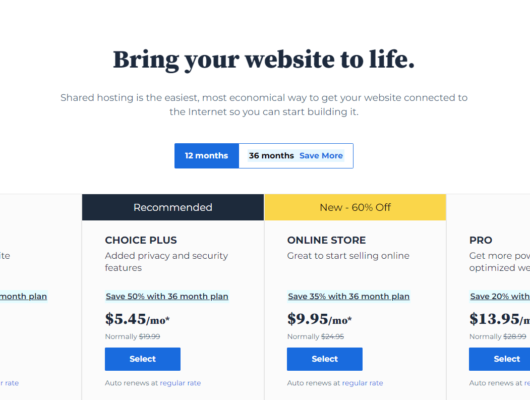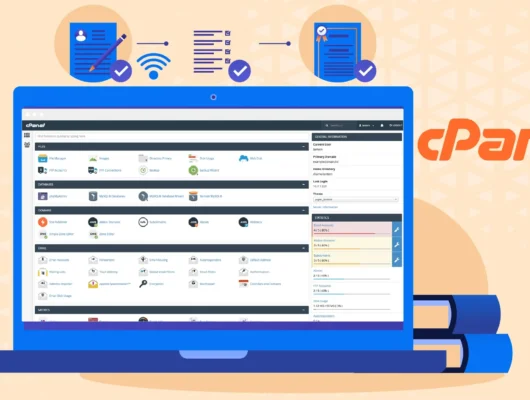In the realm of web hosting, Virtual Private Server (VPS) hosting stands out as a powerful and versatile solution, offering a middle ground between shared hosting and dedicated servers.
This article aims to provide a detailed exploration of VPS hosting services, outlining their features, benefits, and how they can elevate the performance and control of your website.
Understanding VPS Hosting
A Virtual Private Server (VPS) is a virtualized server within a physical server. It operates as an independent entity with its own dedicated resources, including CPU, RAM, storage, and bandwidth.
Unlike shared hosting, where resources are shared among multiple users, a VPS provides a more isolated and customizable environment.
Key Features and Advantages
- Enhanced Performance:
- VPS hosting offers superior performance compared to shared hosting. With dedicated resources, your website experiences consistent speed and responsiveness, even during traffic spikes.
- Customization and Control:
- VPS users have greater control over server configurations. You can install custom software, tweak server settings, and have more flexibility in managing security protocols.
- Scalability:
- VPS plans are scalable, allowing you to adjust resources based on your website’s requirements. As your online presence grows, you can easily upgrade your VPS plan to accommodate increased traffic and resource demands.
- Isolation and Security:
- The isolation provided by VPS hosting enhances security. Since each VPS operates independently, issues on one VPS are less likely to affect others. This isolation helps protect your website from potential security threats.
- Root Access:
- VPS users often have root access, granting them administrative control over the server. This level of access is especially valuable for advanced users who want to fine-tune server settings and install custom applications.
Use Cases for VPS Hosting
- E-commerce Websites:
- VPS hosting is ideal for e-commerce sites that require robust performance, security, and the ability to handle transactions smoothly.
- Resource-Intensive Applications:
- Applications and websites with high resource demands, such as content delivery networks (CDNs) or media streaming services, benefit from the dedicated resources of a VPS.
- Development and Testing Environments:
- Developers often use VPS hosting for creating isolated environments for testing applications and running specific software configurations.
Considerations and Potential Drawbacks
- Technical Expertise:
- VPS hosting may require a higher level of technical expertise compared to shared hosting. Users should be comfortable managing server configurations and troubleshooting issues.
- Cost:
- While more affordable than dedicated hosting, VPS hosting is typically pricier than shared hosting. It’s essential to evaluate your website’s needs and budget before opting for a VPS plan.
Read more about Benefits of Managed WordPress hosting…
Conclusion
In conclusion, VPS hosting services offer a robust solution for website owners who require enhanced performance, customization, and control.
With the ability to scale resources and isolate server environments, VPS hosting bridges the gap between shared hosting and dedicated servers.
Consider your website’s specific requirements and growth plans to determine whether VPS hosting is the right fit for unleashing the full potential of your online presence.






